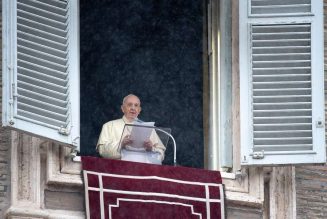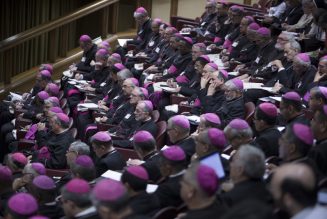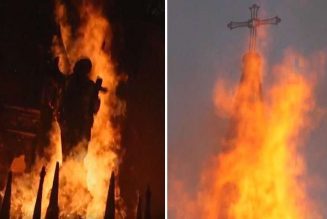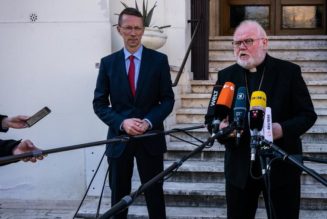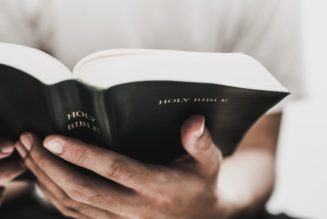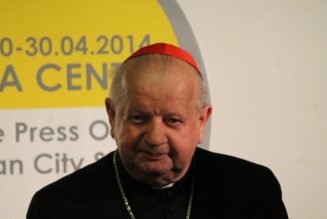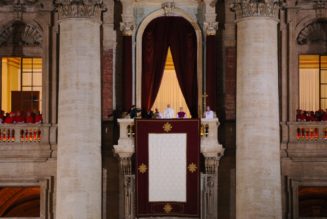Last November, the Albany Diocese clarified that Hubbard voluntarily removed himself from publicly celebrating the sacraments, countering Hubbard’s claims of “a Church policy that prohibits any priest accused of sexual abuse from functioning publicly as a priest, even if the allegations are false, as they are in my case.”
In Scharfenberger’s statement Monday, he called Hubbard’s announcement “unexpected,” adding that “like many of you, I am just now beginning to process it.”
“While he is not permitted to represent himself as a priest or perform the sacraments in public, Bishop Hubbard remains a retired bishop of the Roman Catholic Church. The Church does not acknowledge his marriage as valid. He remains a retired bishop of the Roman Catholic Church and therefore cannot enter into marriage,” he said.
Scharfenberger called for prayer for sexual abuse survivors and their families, including for all the faithful in the diocese. He also asked for prayer for the diocese’s priests, deacons, and men and women religious, “many of whom depended on Bishop Hubbard for their vocations.”
“Also pray for Bishop Hubbard and all in his close circle, that they can help to guide him to act in accordance with God’s will,” he said.
“This is a challenging time for many, but we are not alone. Let us remember that through the turmoil, the one constant for all of us is the comforting presence of Jesus, who shepherds us with the promise of everlasting life,” Scharfenberger said.
“Let us journey together, as a people of faith, believing that with God, in God, and through God, healing is possible,” he added.
Hubbard has defended his record on dealing with abuse by writing that “in the 1970s and 1980s, when an allegation of sexual misconduct against a priest was received, the common practice in the Albany Diocese and elsewhere was to remove the priest from ministry and send him for counseling and treatment.”
“Only when a licensed psychologist or psychiatrist determined the priest was capable of returning to ministry without reoffending did we consider placing him back in ministry. While most priests who were so treated did not reoffend, it did not always work,” he said.
Hubbard wrote that it was a “mistake” to not notify the public or the parish when a priest was removed.
In that same article, he touted many improvements the diocese made in protecting children against sexual abuse such as instituting a diocesan review board, hiring a victims’ assistance coordinator, creating a more rigorous application process for the seminary, and conducting background checks on diocesan staff and volunteers.
(Story continues below)
“While we never condoned, ignored, or took lightly sexual abuse of minors, we did not respond as quickly, as knowledgeably, and as compassionately as we should have, and for that I am sincerely sorry,” he wrote.

